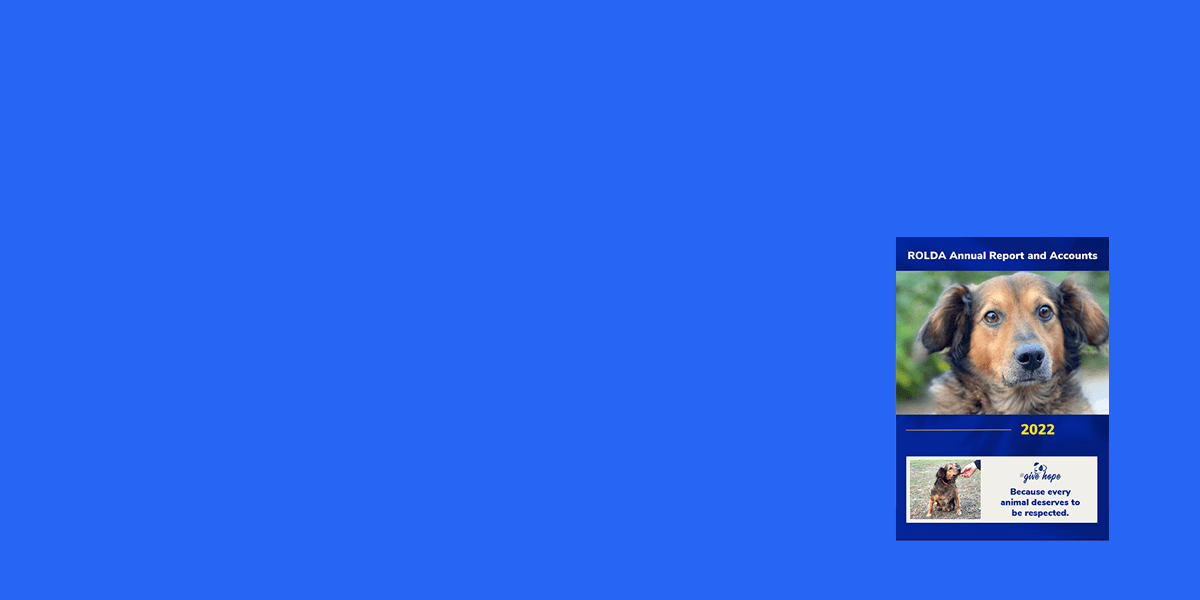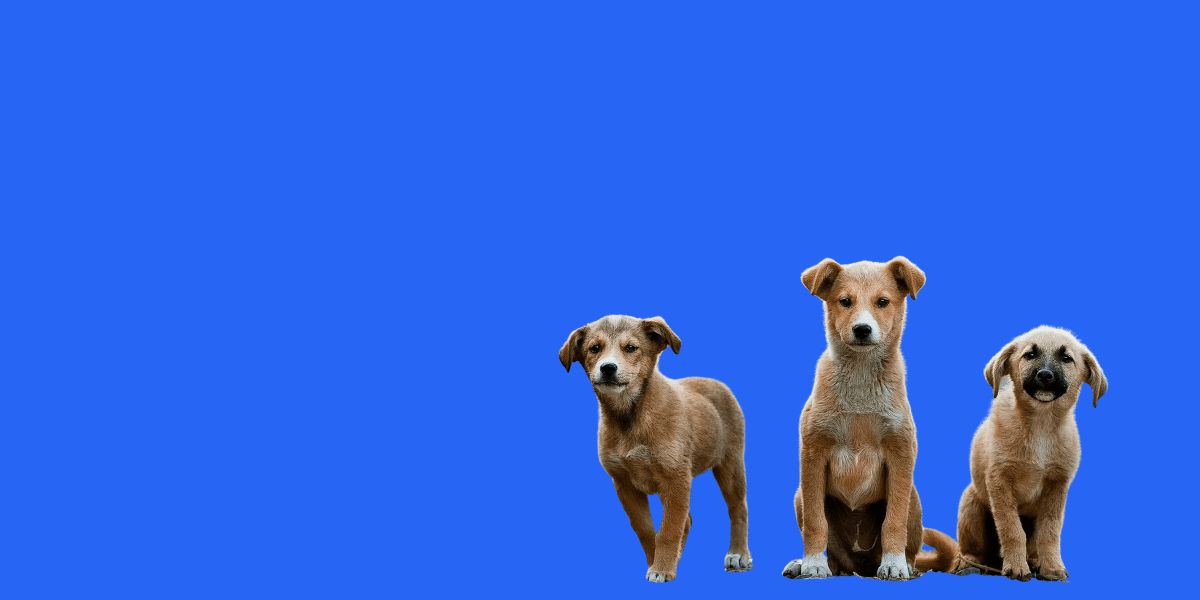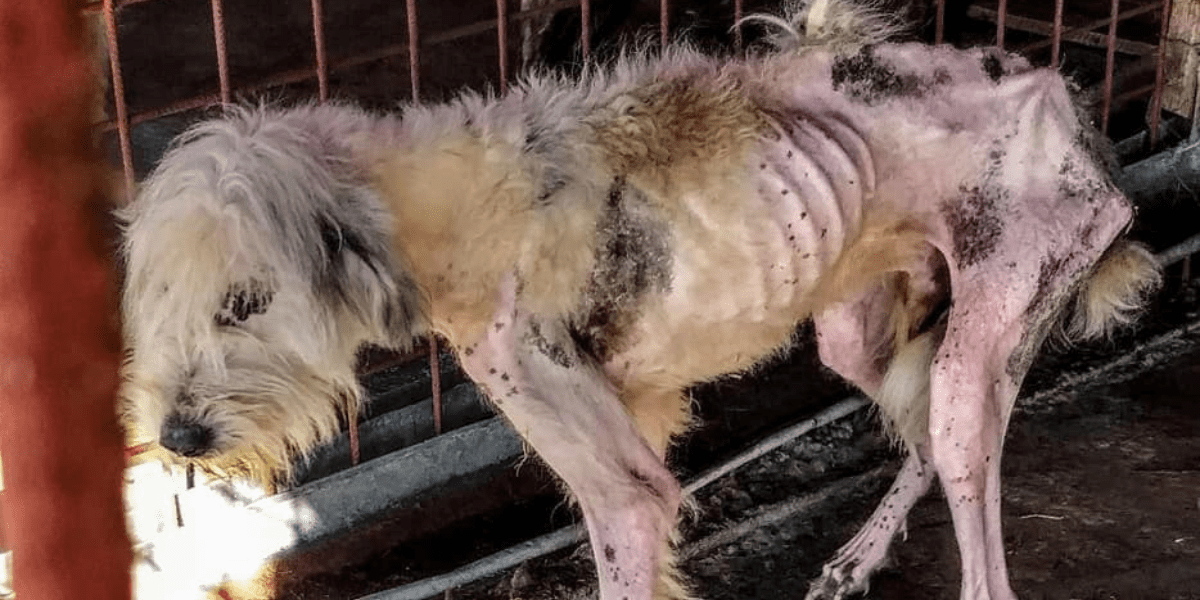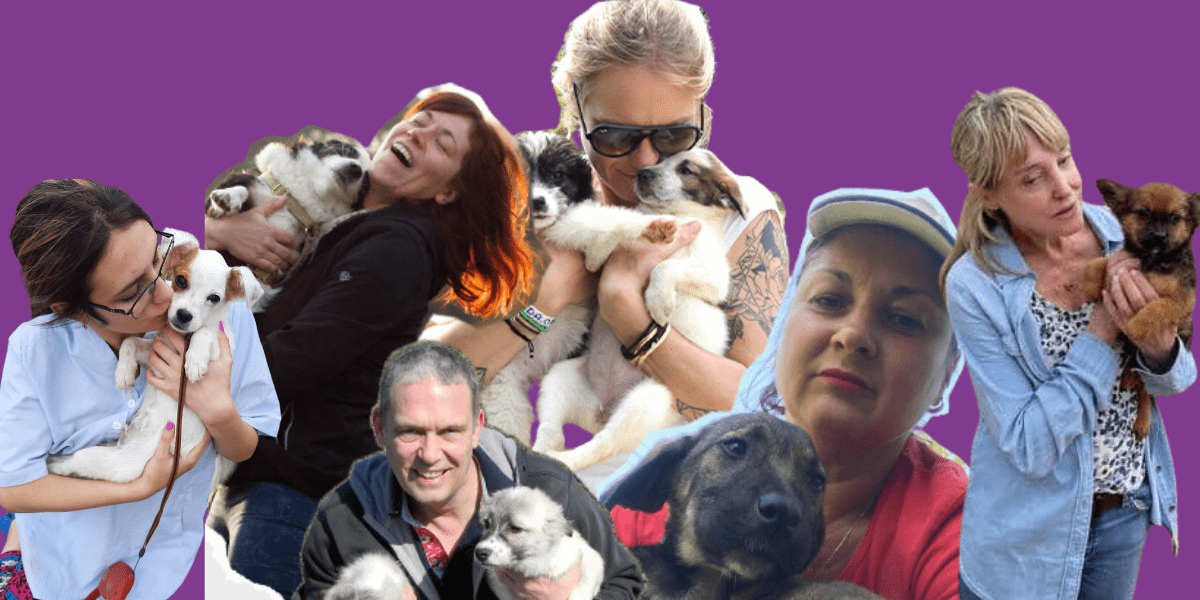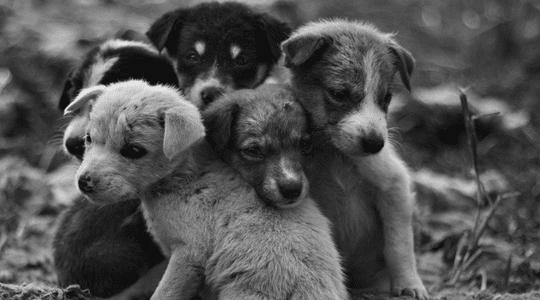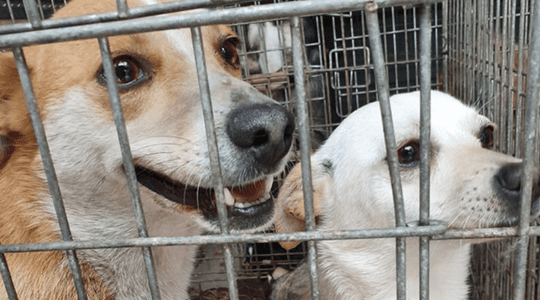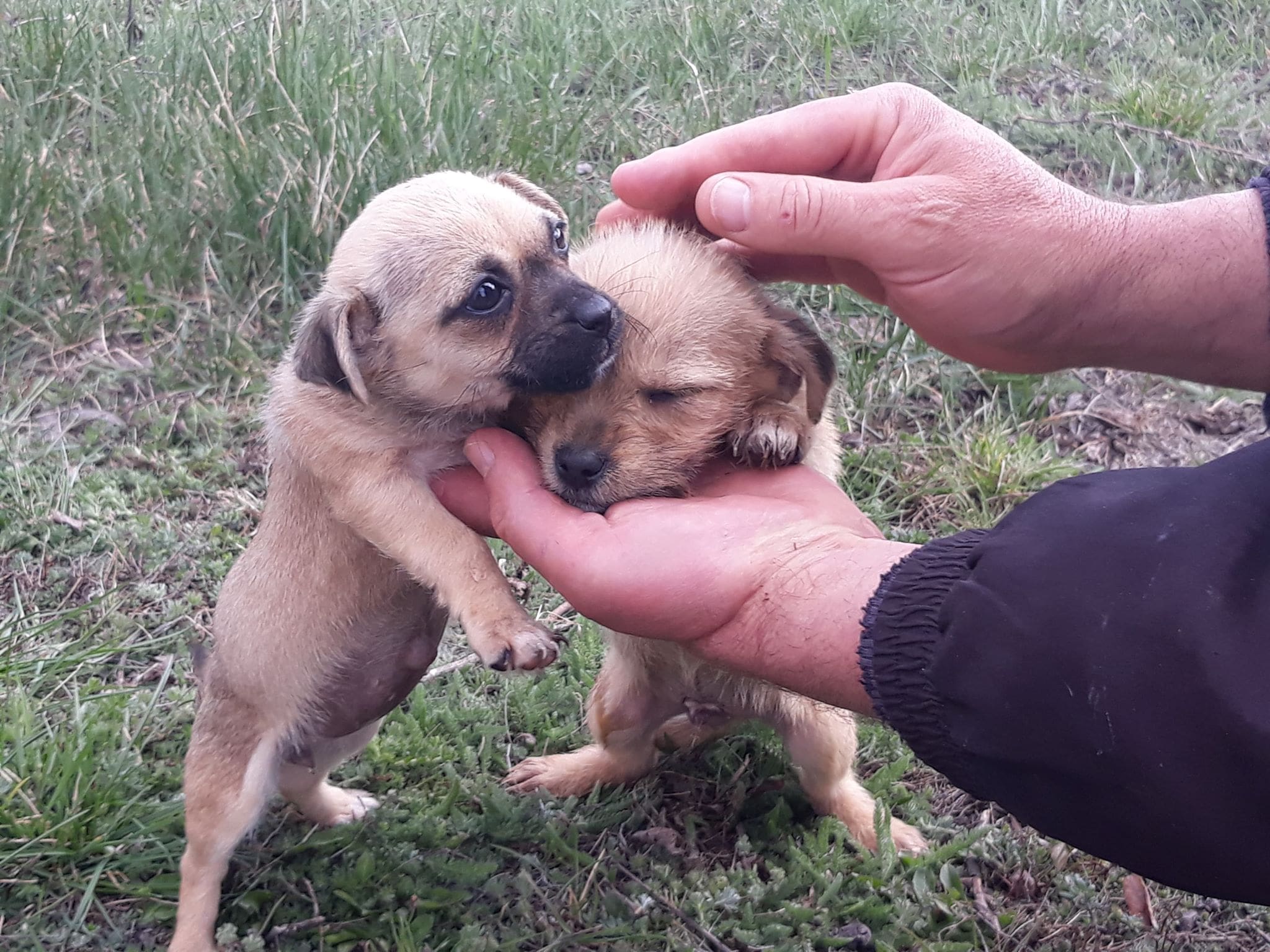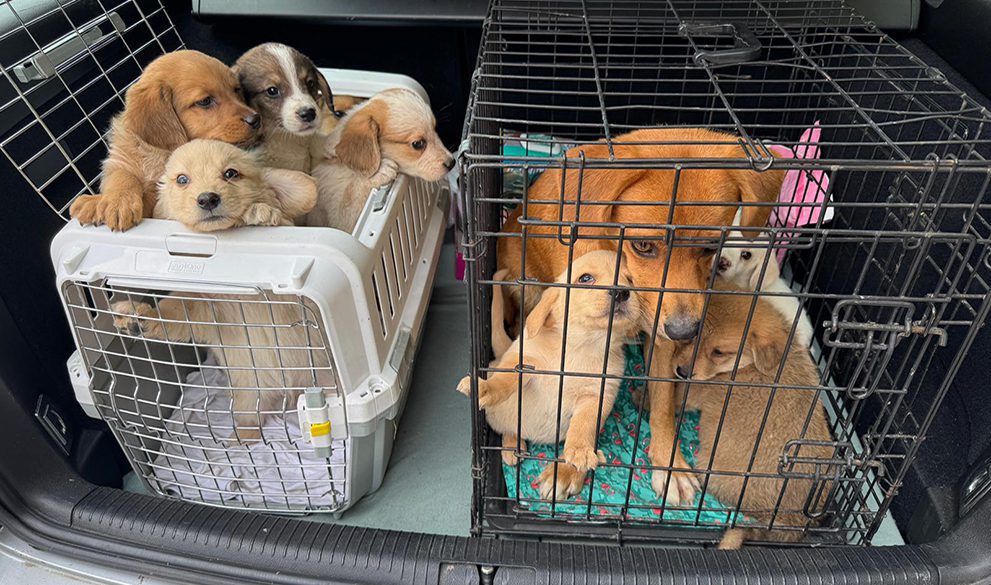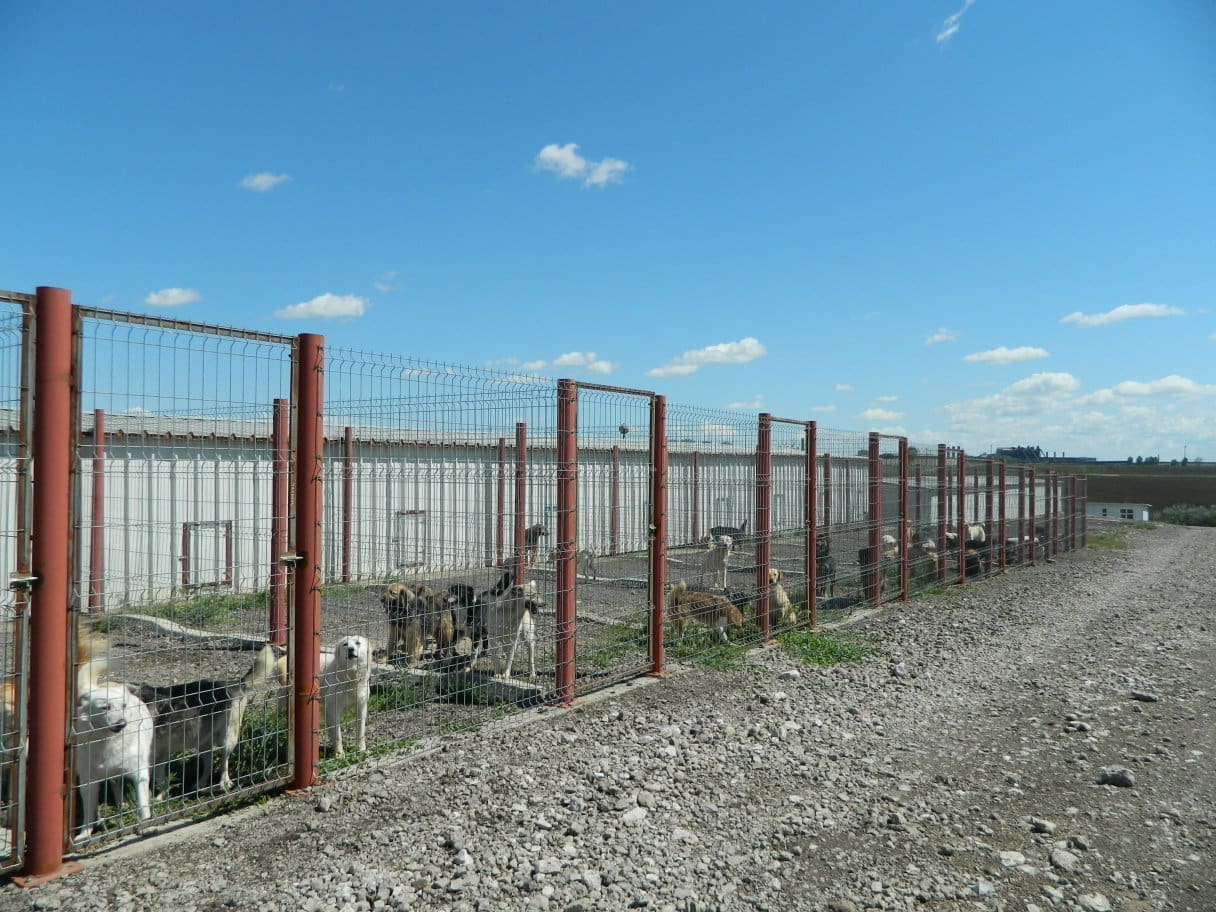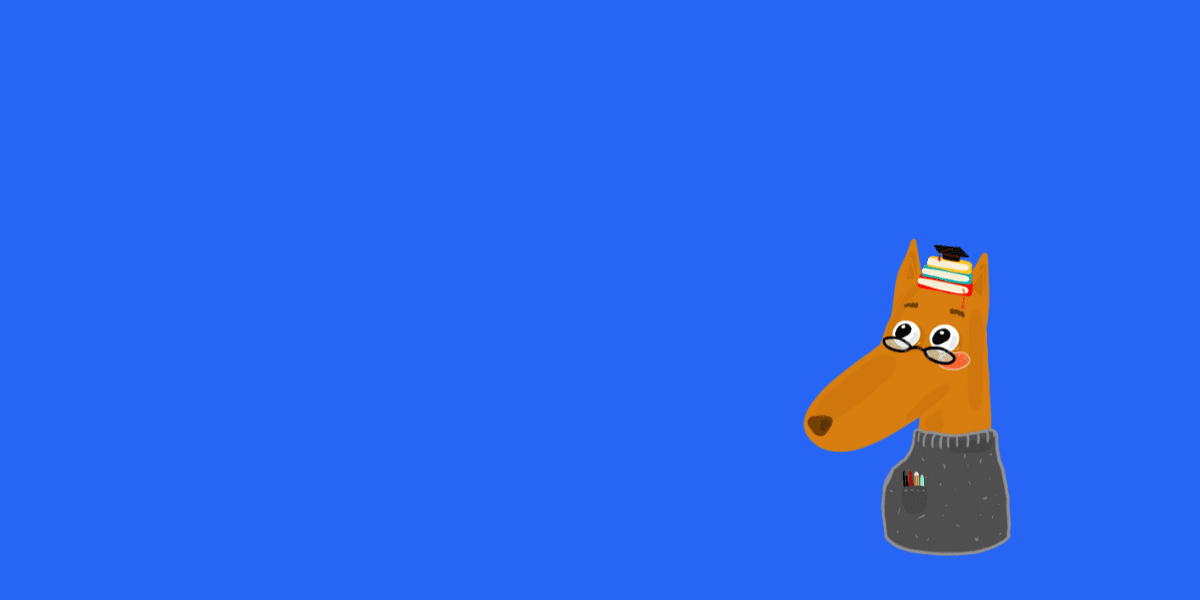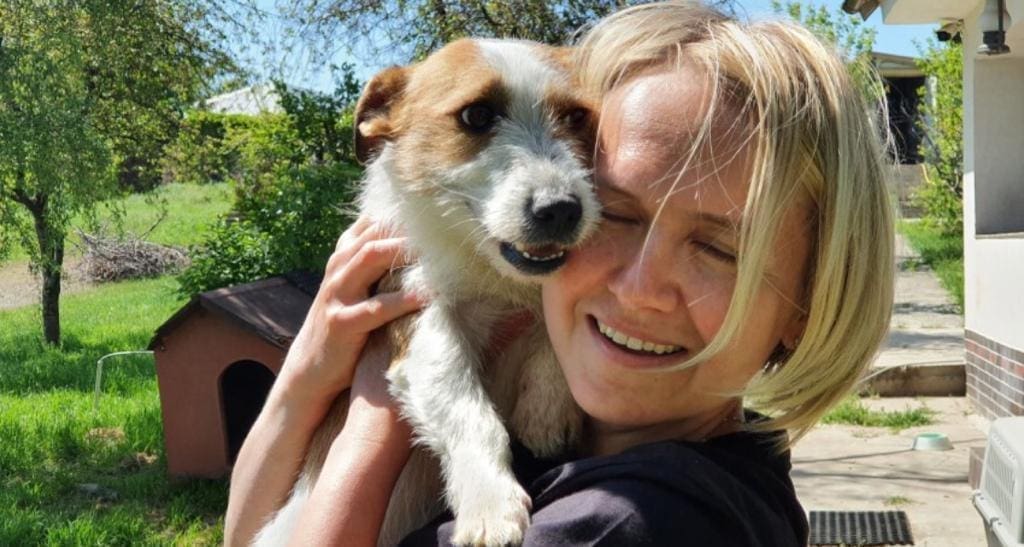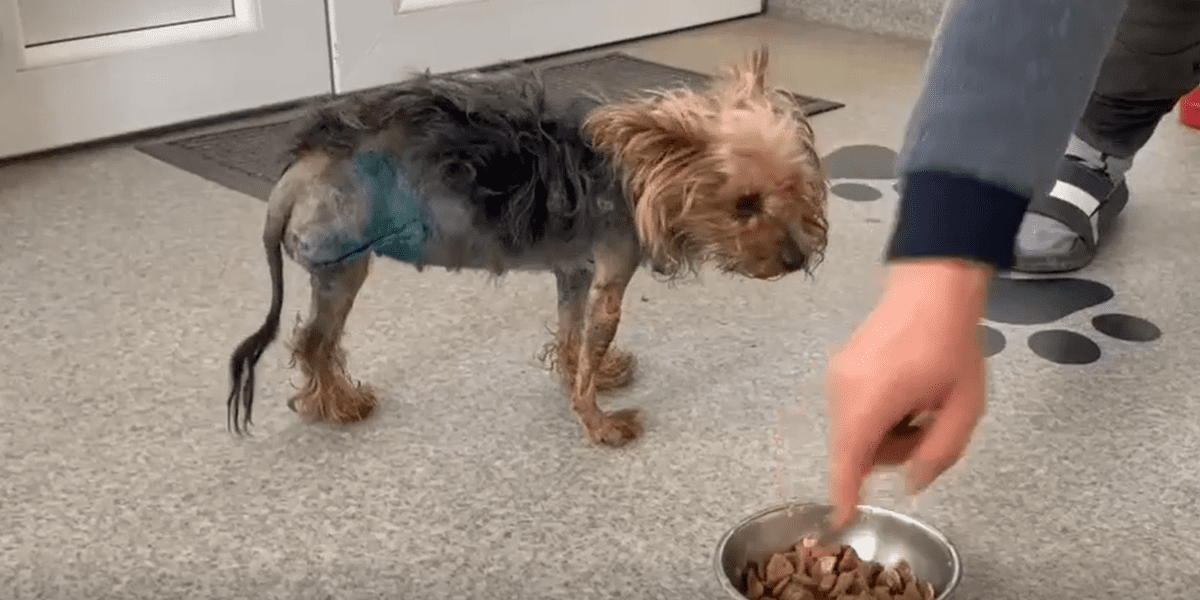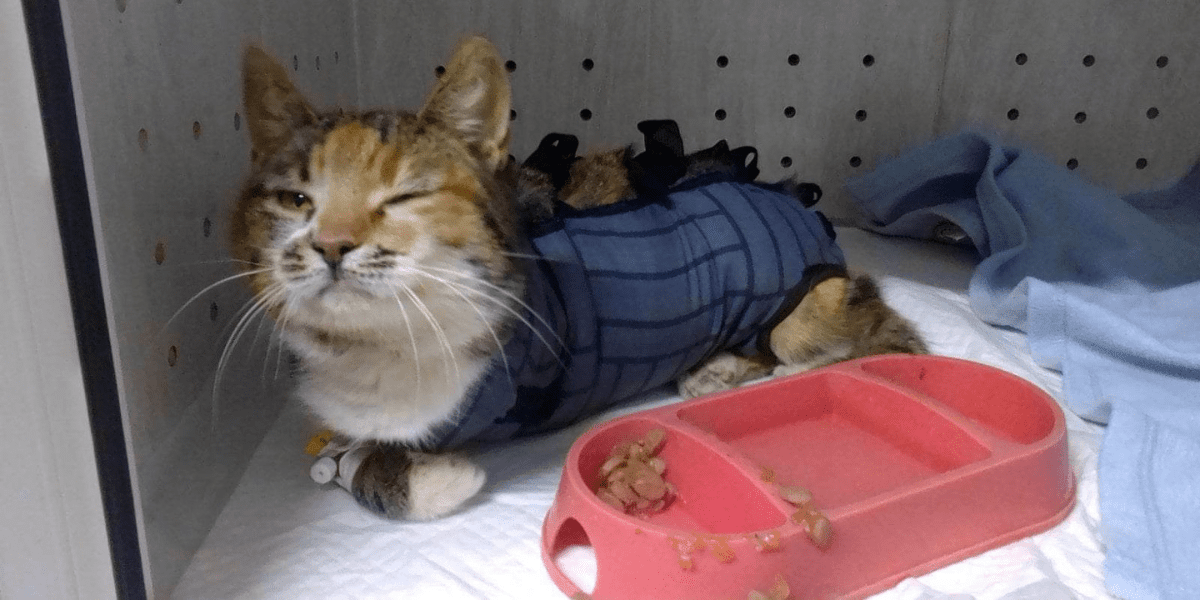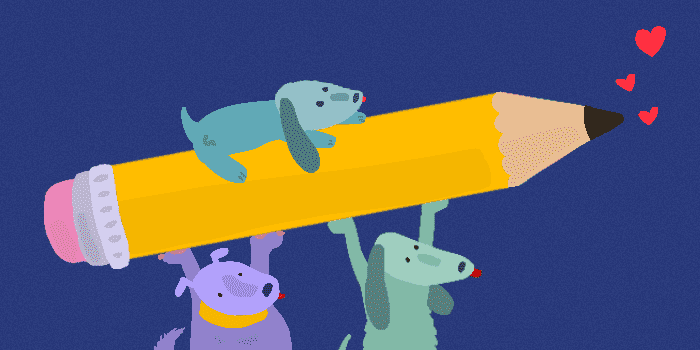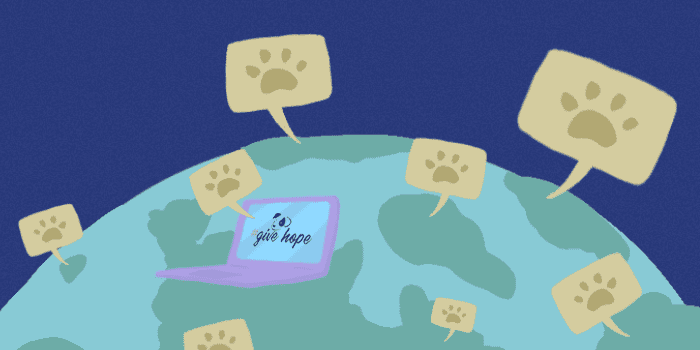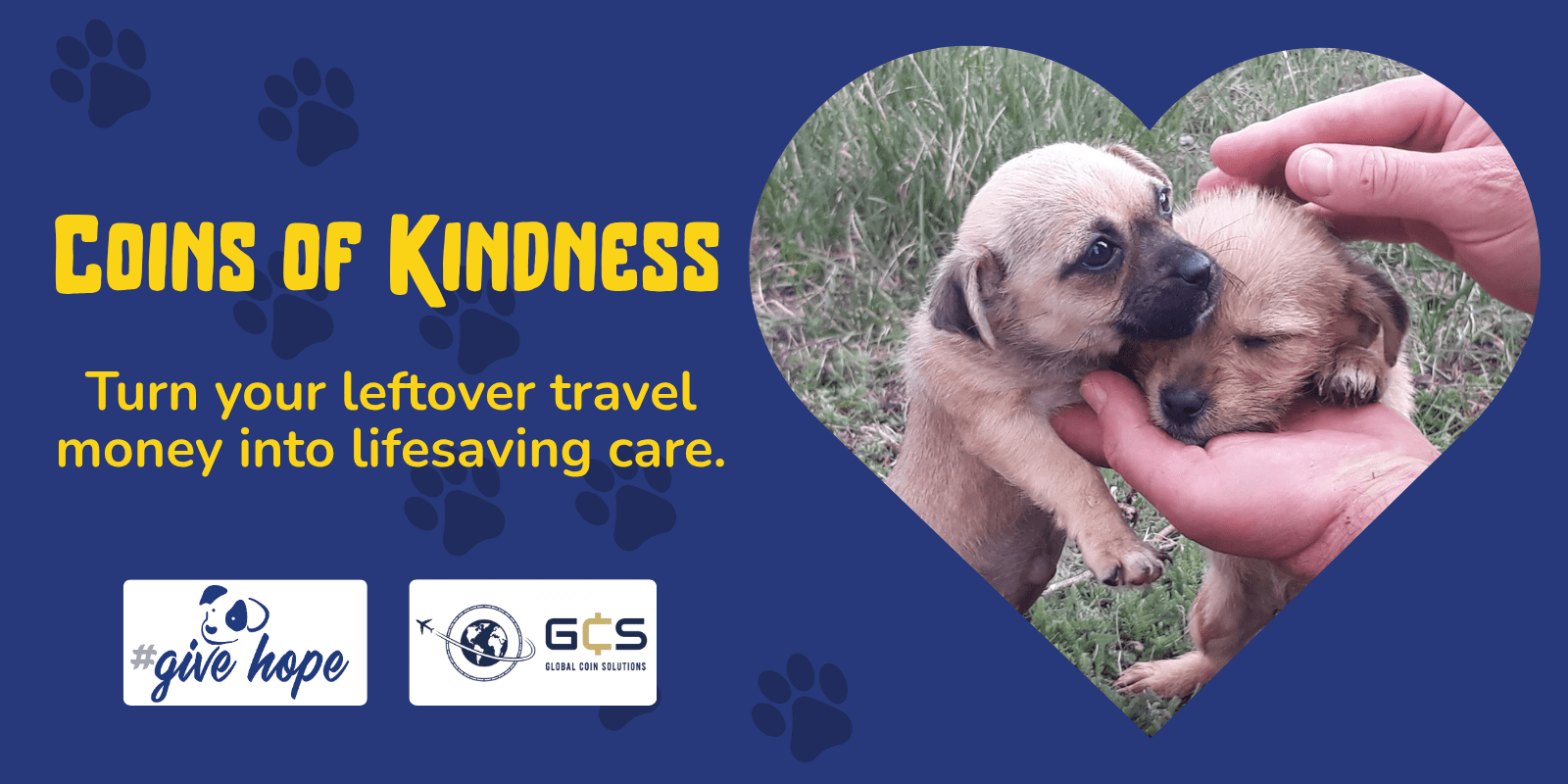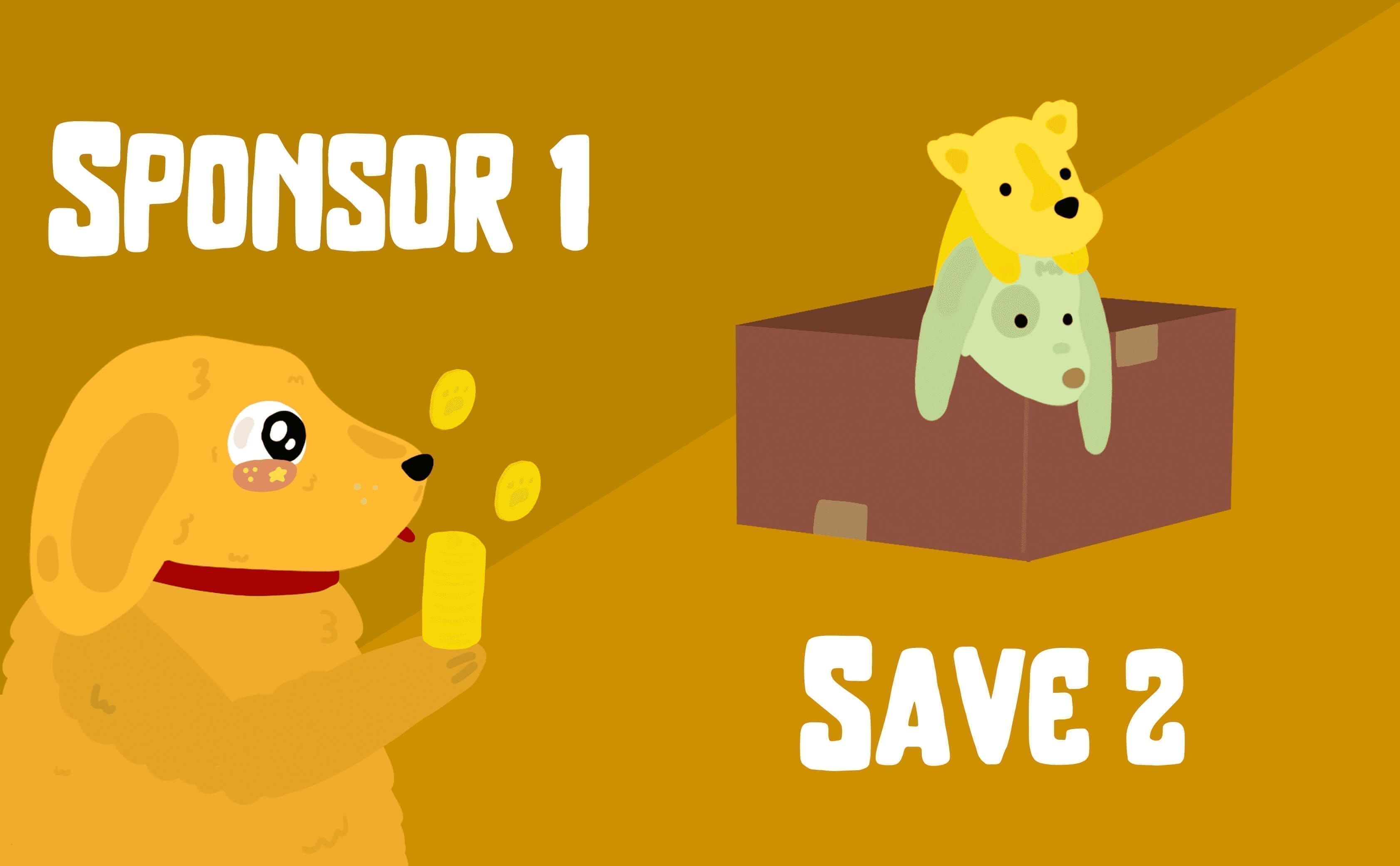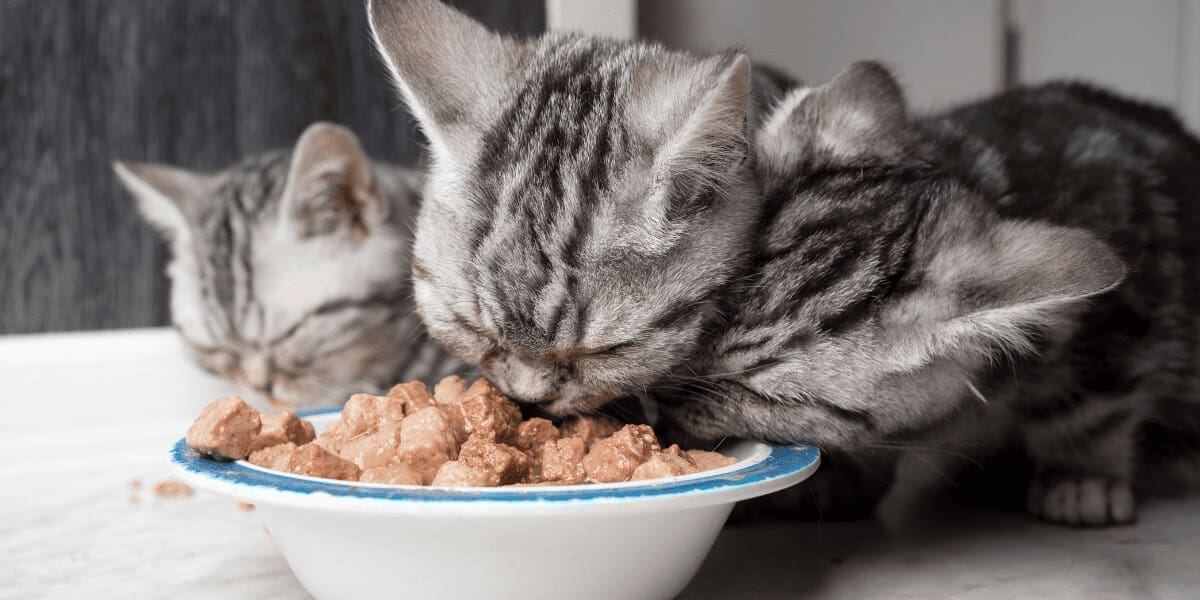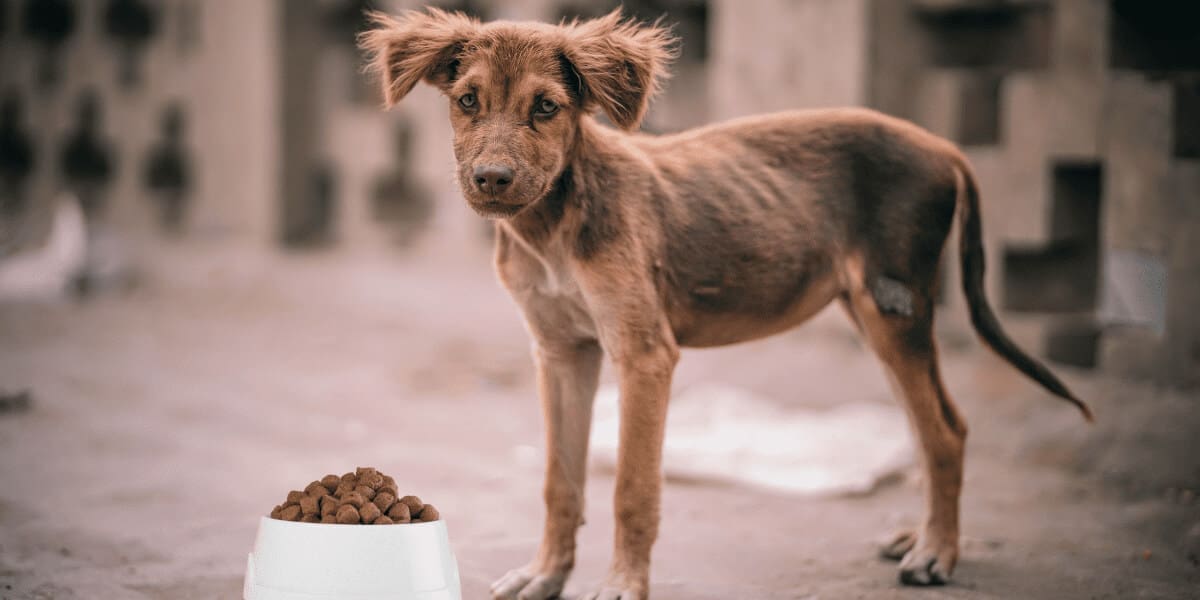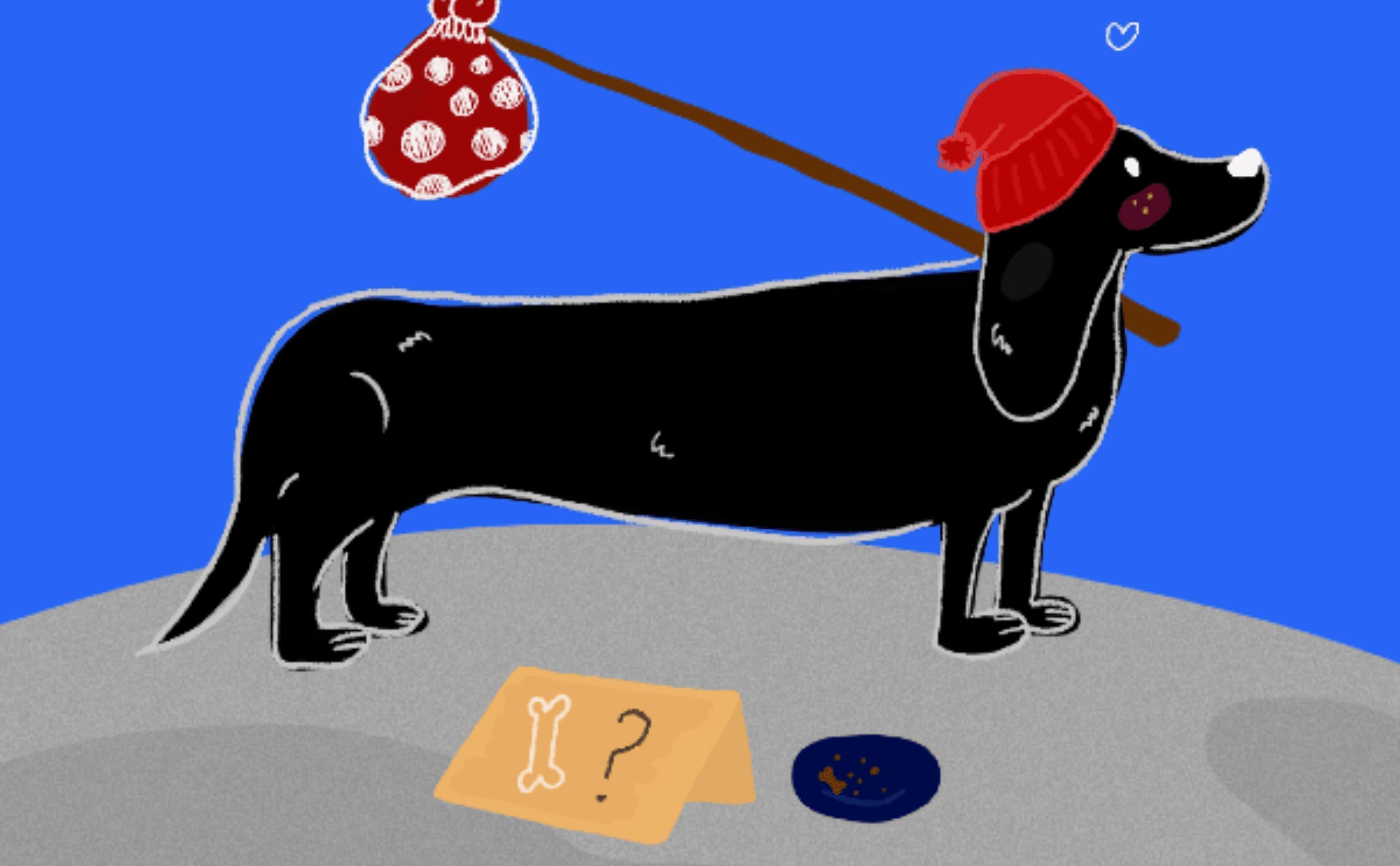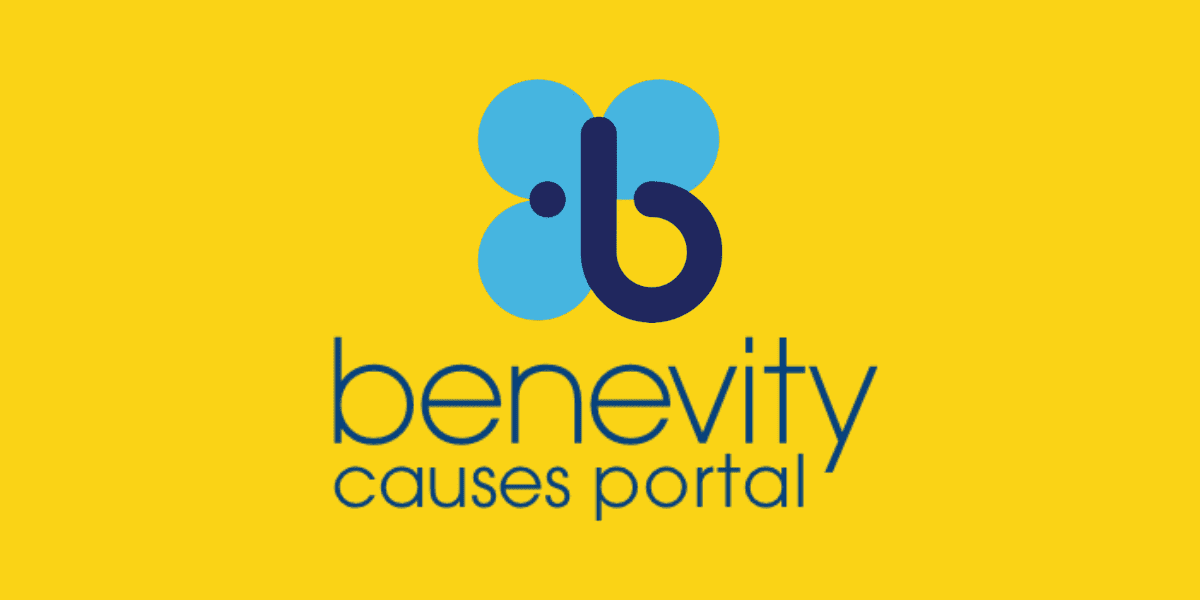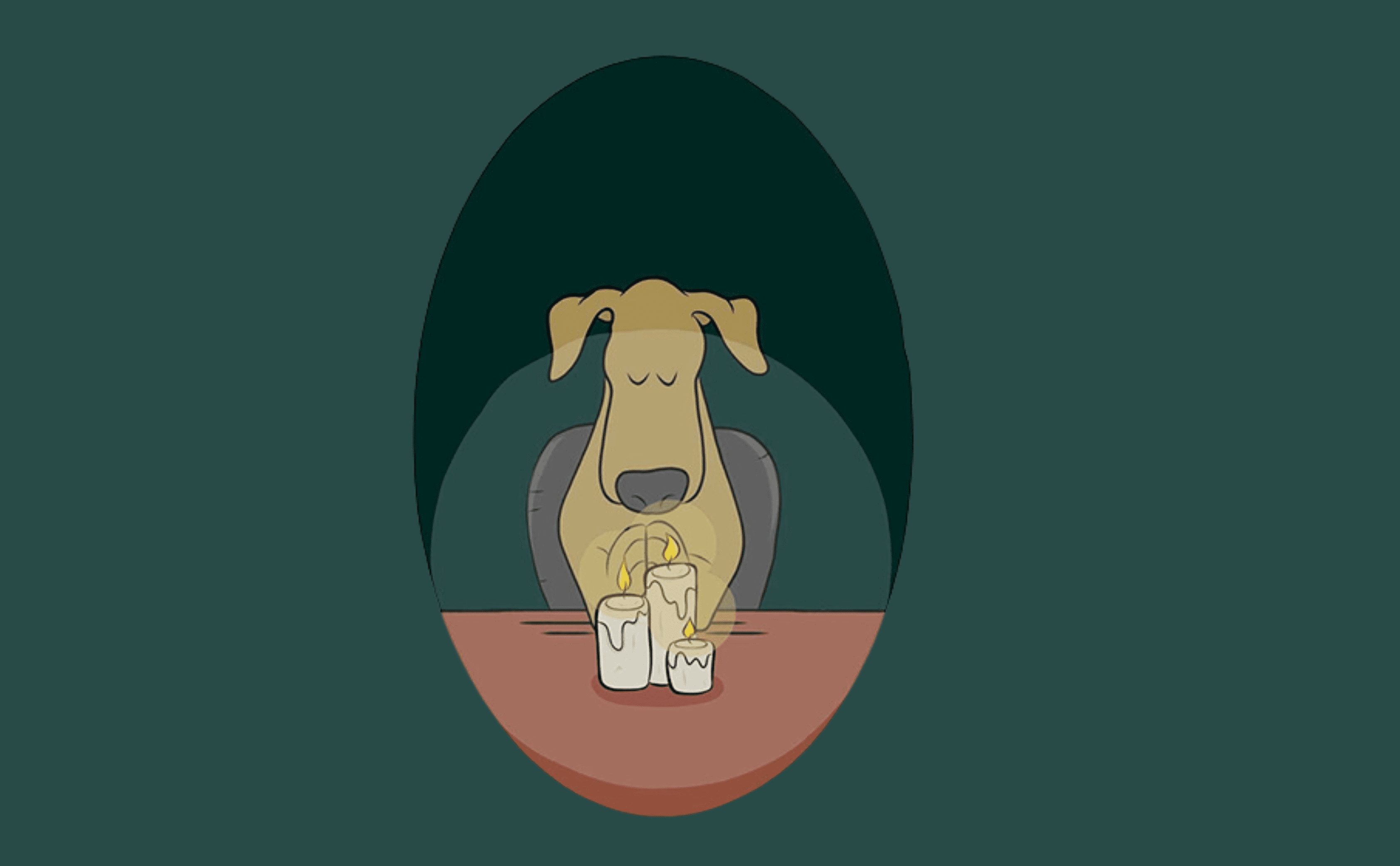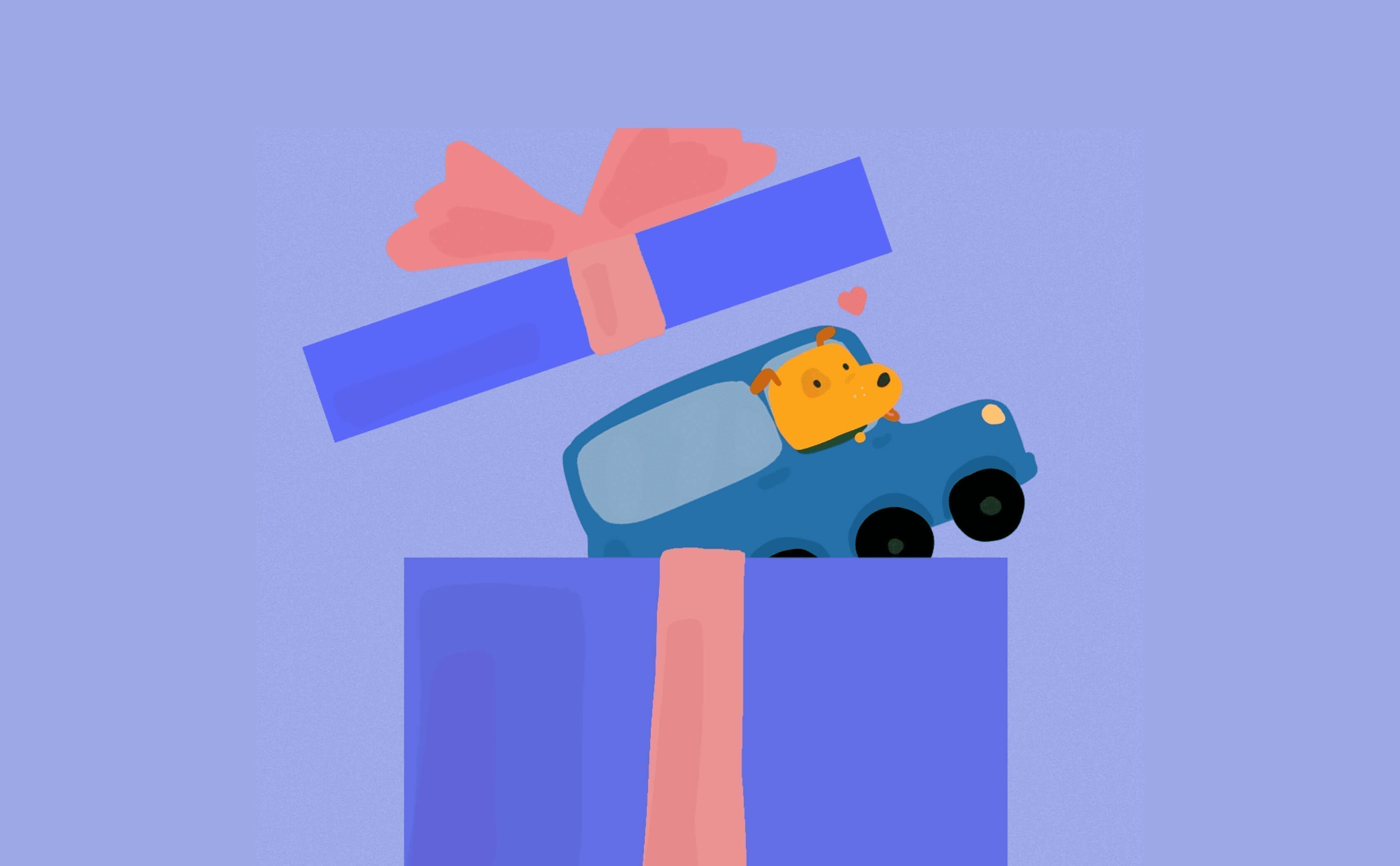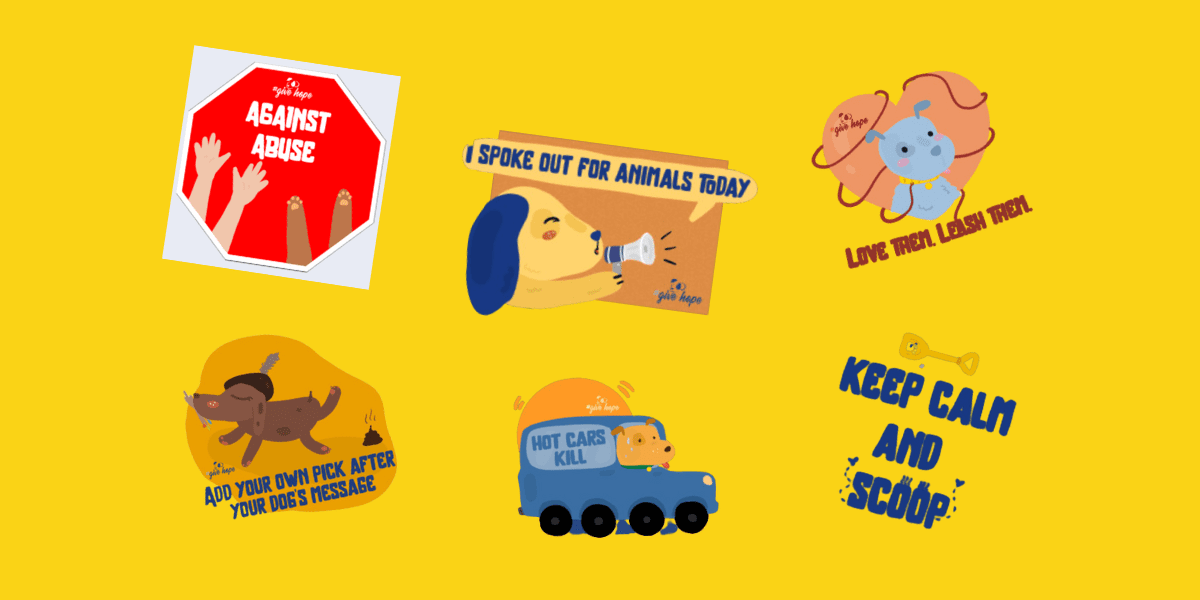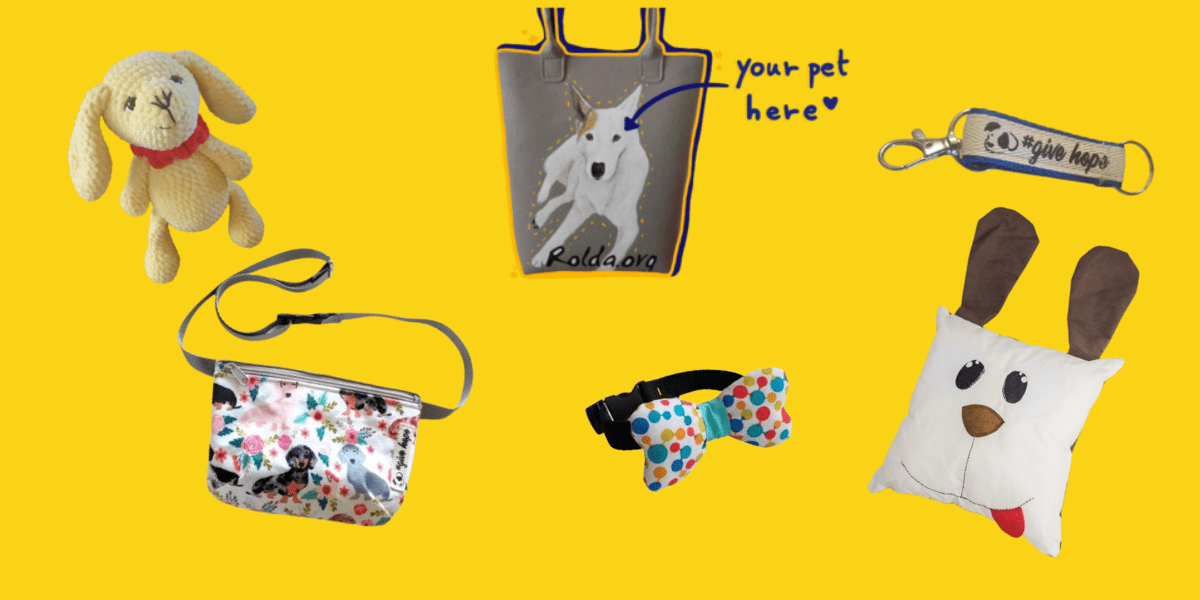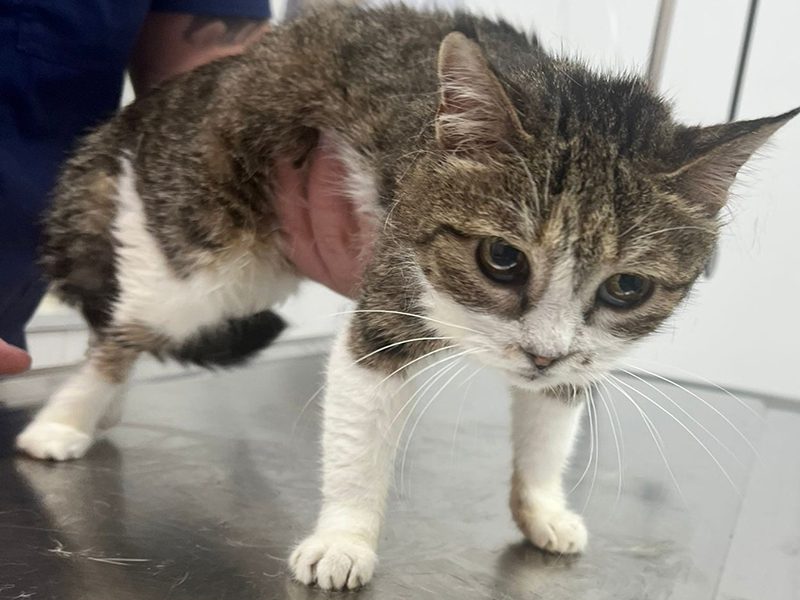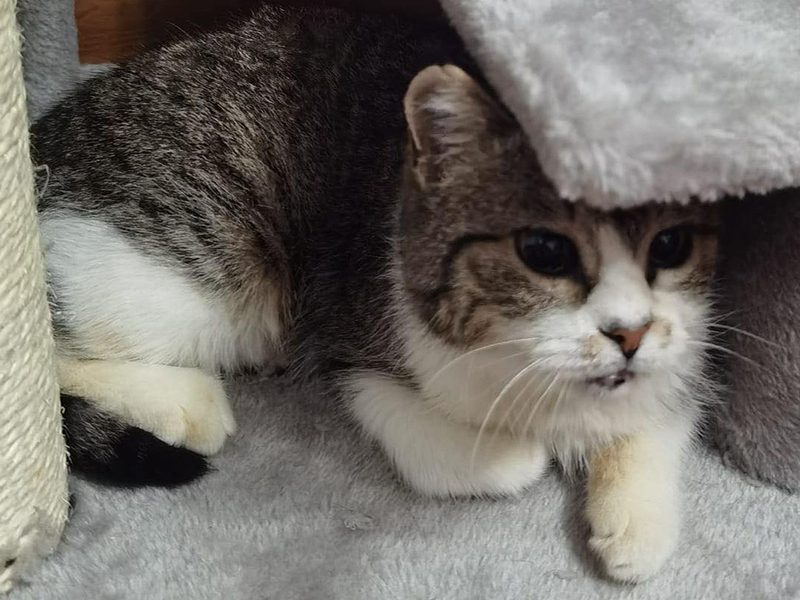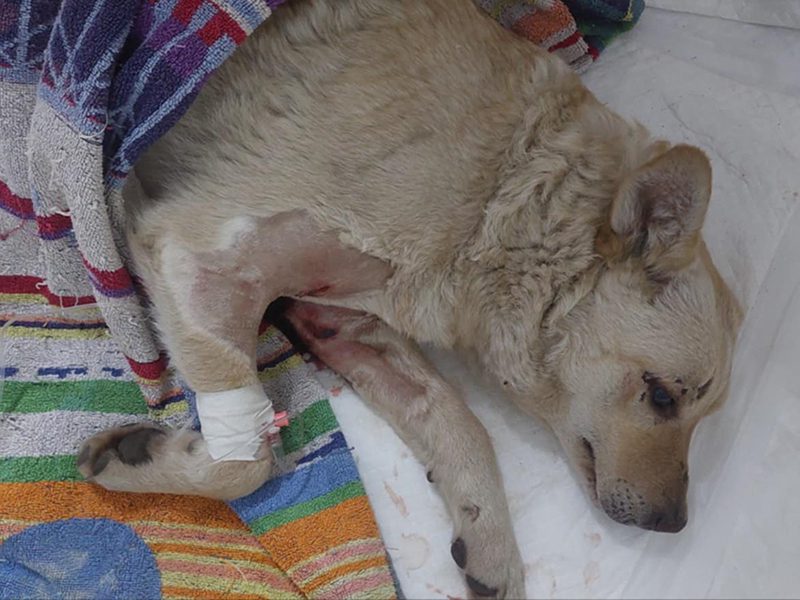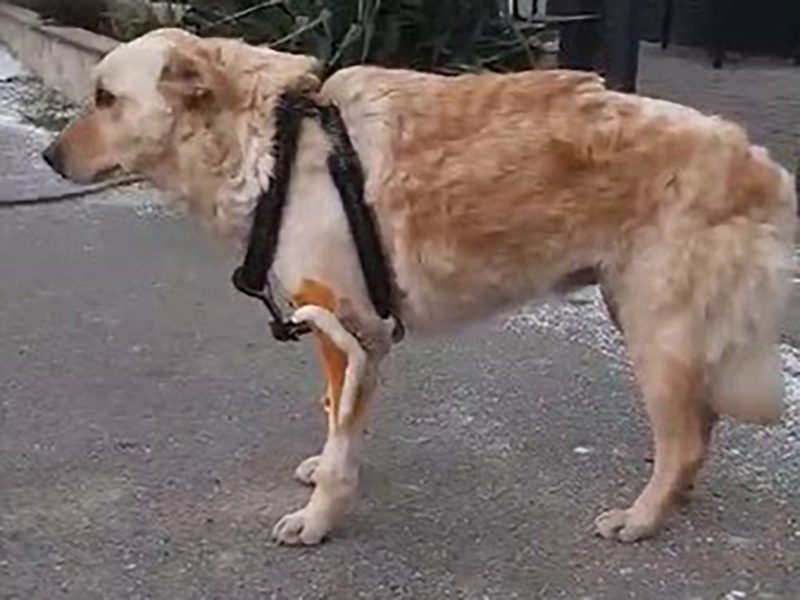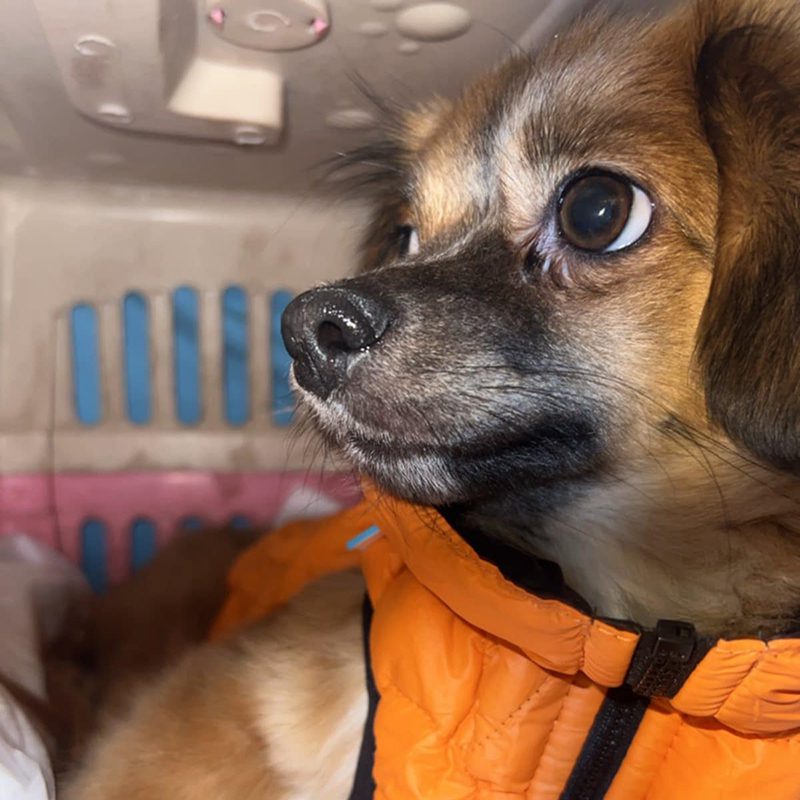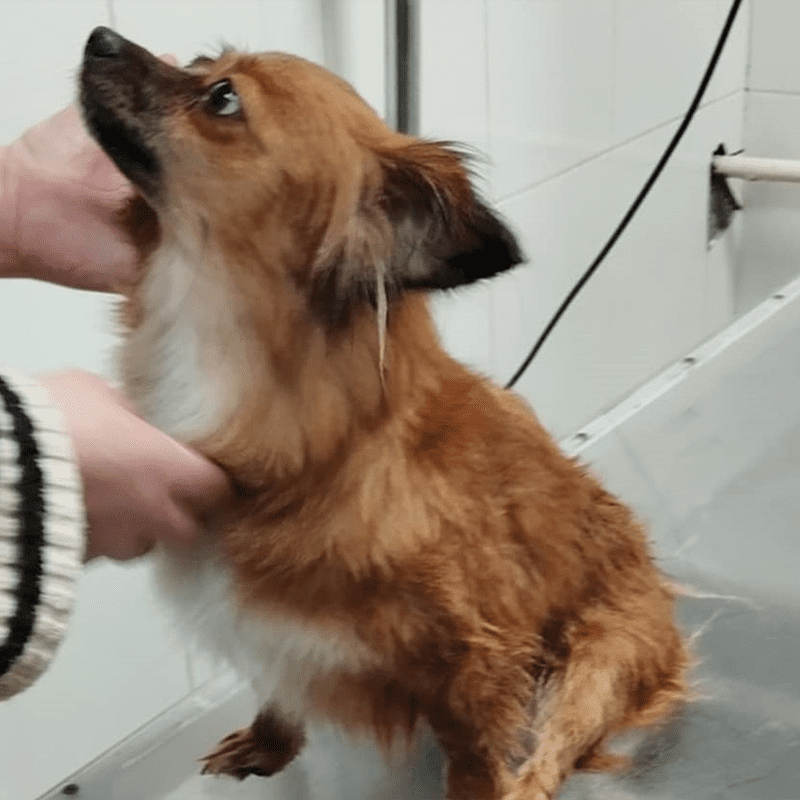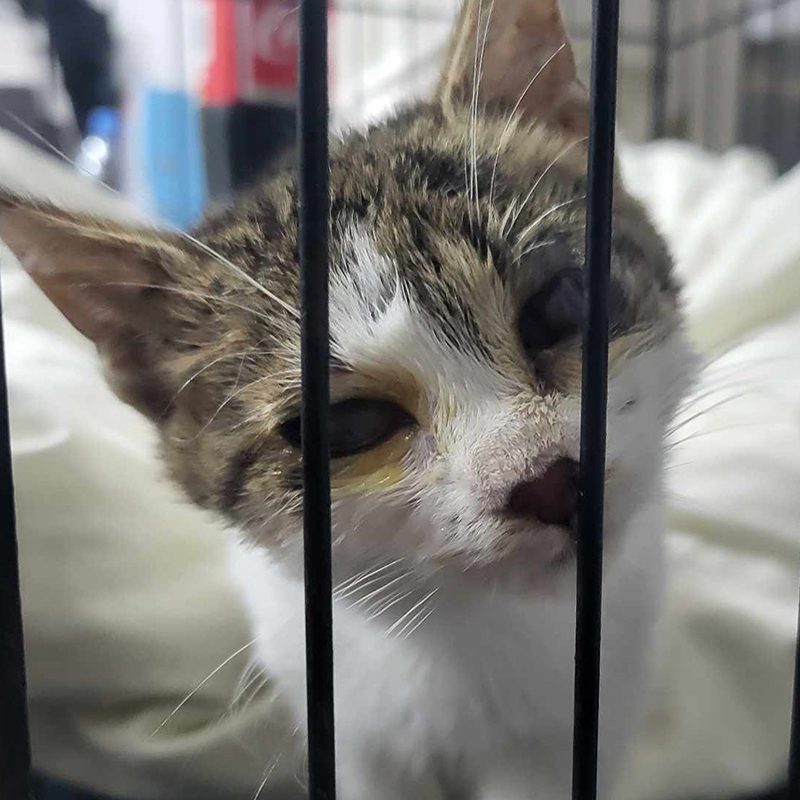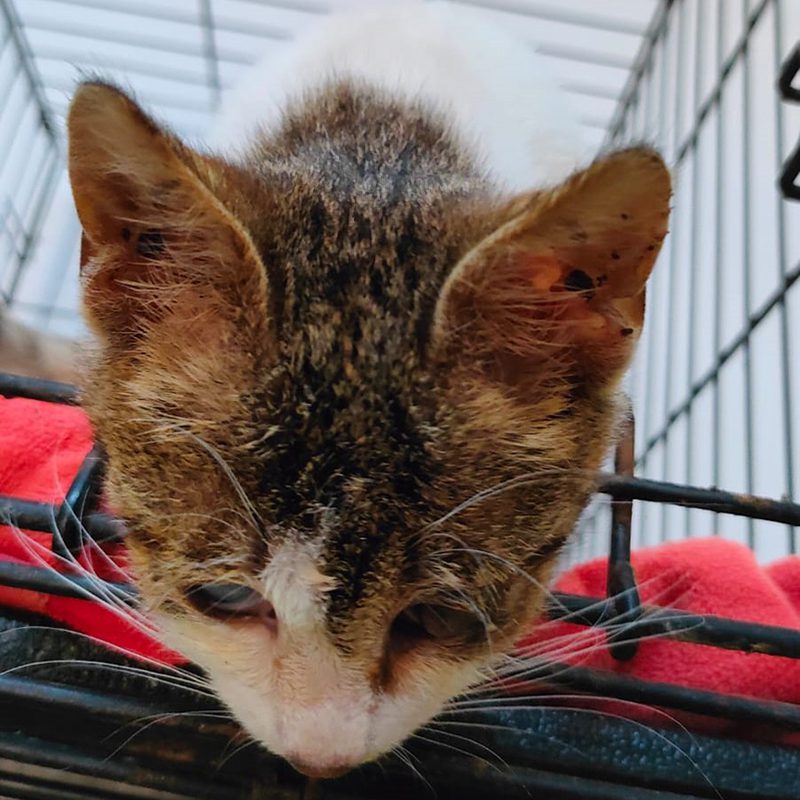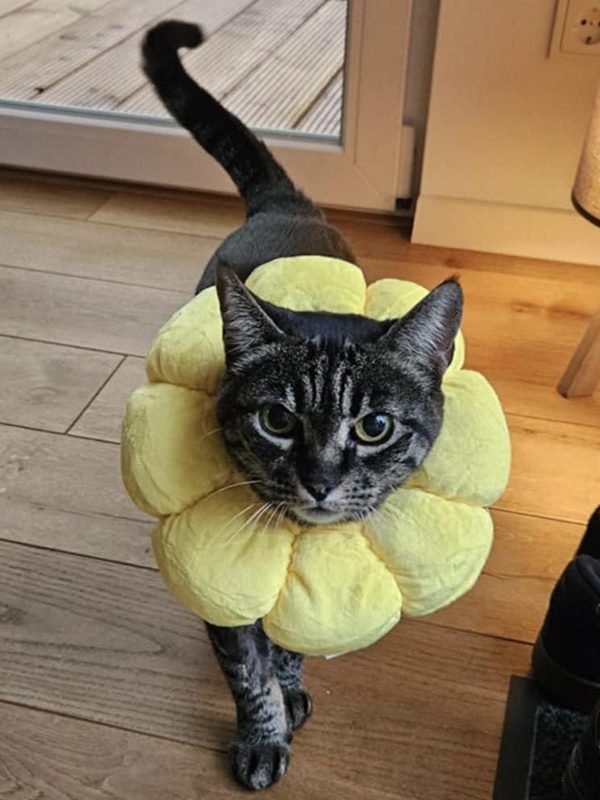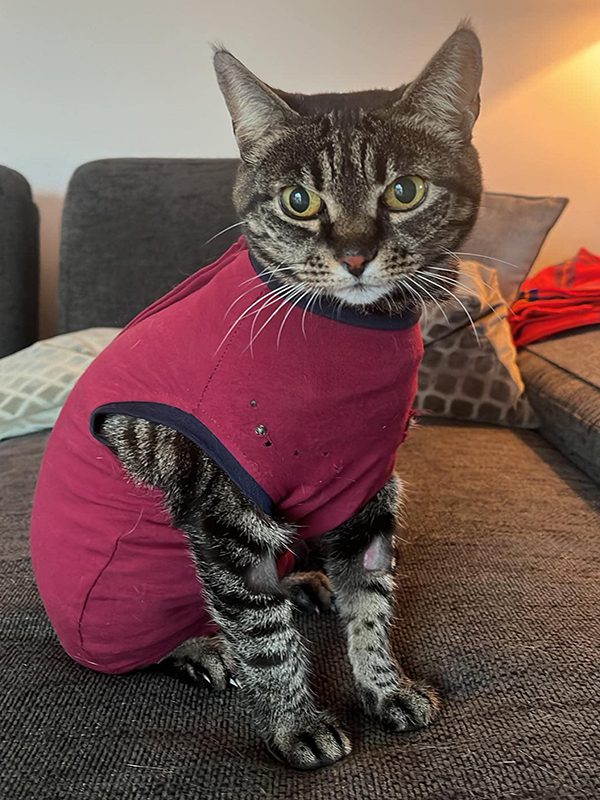Stray cats have the unique ability to make almost anywhere their home. They fight fiercely for their independence and maintain that typical standoffish cat behavior; but the harsh reality is that many would not survive without help. Every day, these resilient animals face overwhelming challenges – finding food to fill their rumbling stomachs, warding off illness without medical care, and searching for shelter from harsh elements. Their lives are a constant battle for survival.
Odin’s life was no different. At less than two years old, this poor little fur-baby had only ever known the harsh reality of life as a stray. For years, he had fought to survive, but an unexpected altercation with a group of stray dogs suddenly made his life flash before his eyes.
Odin was left barely alive. Horrific wounds covered his lower back; some gashes were so deep his bones were visible. Odin was at serious risk of developing a deadly infection if he stayed outside without medical care. Luckily, someone spotted him and called the rescue shelter in a panic, asking if we could help this critically injured cat.
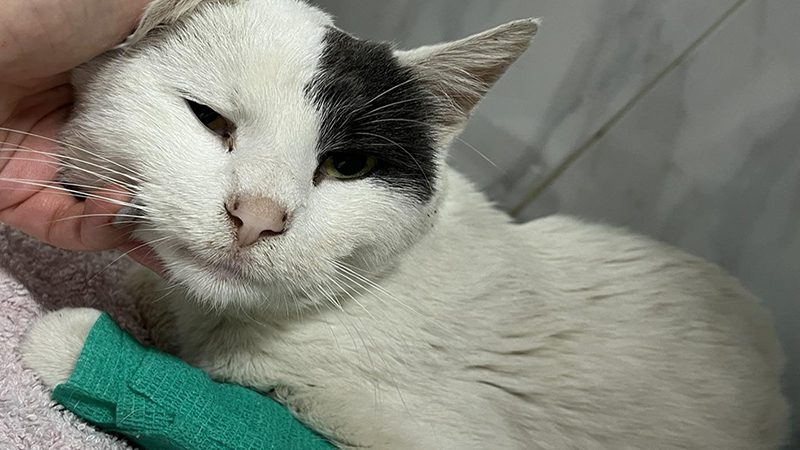
We were shocked by the background story we heard. We knew we had to do everything possible to alleviate Odin’s suffering and hopefully save his life. We immediately sought veterinary attention for him, but the poor cat had been torn to shreds, and some of his injuries were too severe to simply be stitched closed. Large open wounds remained, making it essential to prevent infection through ongoing intensive medical care.
Since early April, Odin has been receiving dedicated medical care. Daily wound cleaning and specialized local treatments are preventing further complications.
As the days pass, we have the honour of watching Odin slowly regain both physical and emotional strength. We hope that in just a few more weeks, Odin will be close to feeling fully recovered, with the remaining scars simply hinting at the story of his extraordinary bravery.
For now, Odin needs to continue regaining his strength at our clinic. Soon after his recovery, we hope to find him what he truly deserves – a safe and loving home. Odin, and all others like him deserve the love and stability that only a forever family can provide.
We are occasionally asked what a no-kill shelter is. This story is a very recent example of a no-kill policy in action, to help explain how it works and why it is crucial.
One of our sister rescue shelters, the Great Catsby, has been caring for a beautiful little white female cat called Cris since late last year. Cris was rescued along with two of her sisters from a yard in Tulcea. They had become homeless when their owner passed away, leaving them with no one to care for them.
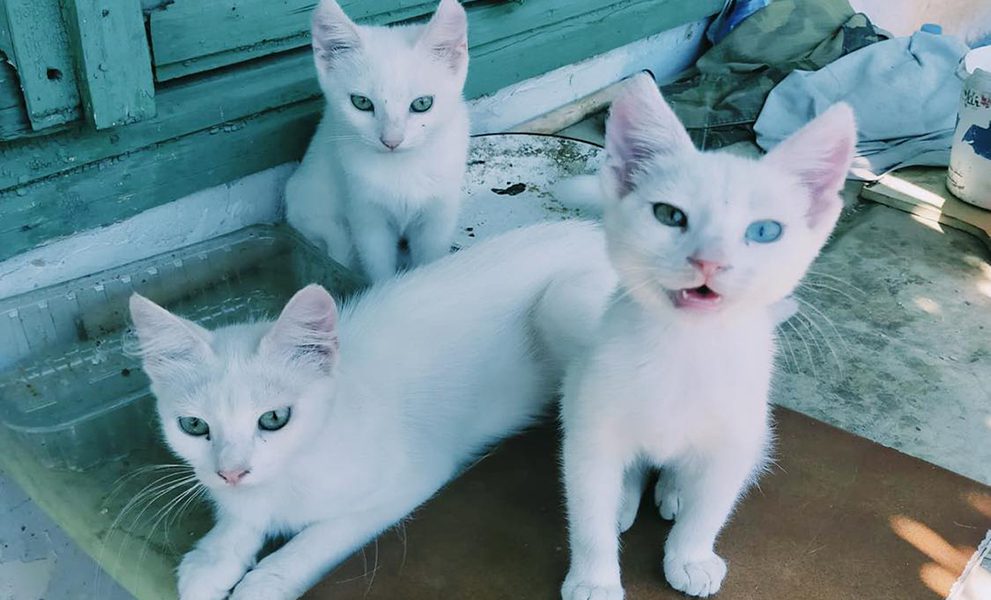
Cris and her sisters when first rescued
Cris and her sisters were given the usual checks and treatments, and it was not long, probably because of their young age and striking white coats, before two were adopted. Cris waited patiently for her loving new home, but soon into the New Year, her foster carer reached out in dismay. Cris had turned yellow (developed jaundice), was extremely lethargic, and had lost her appetite. She was in a serious condition.
Cris was rushed to a vet in Tulcea, but they were unable to collect blood for testing, and so, assuming it was a liver issue, they started her immediately on liver medication.
One week later, Cris’s condition had worsened. She was in a terrible condition by now, and so was rushed to Top Care Vet in Bucharest for specialist care. They found her blood itself to be visibly yellow. Tests revealed, however, that liver failure was not the issue. Severe anemia was caused by hemolysis.
She was critically underweight, too, less than 2 kg at 7– 8 months old.
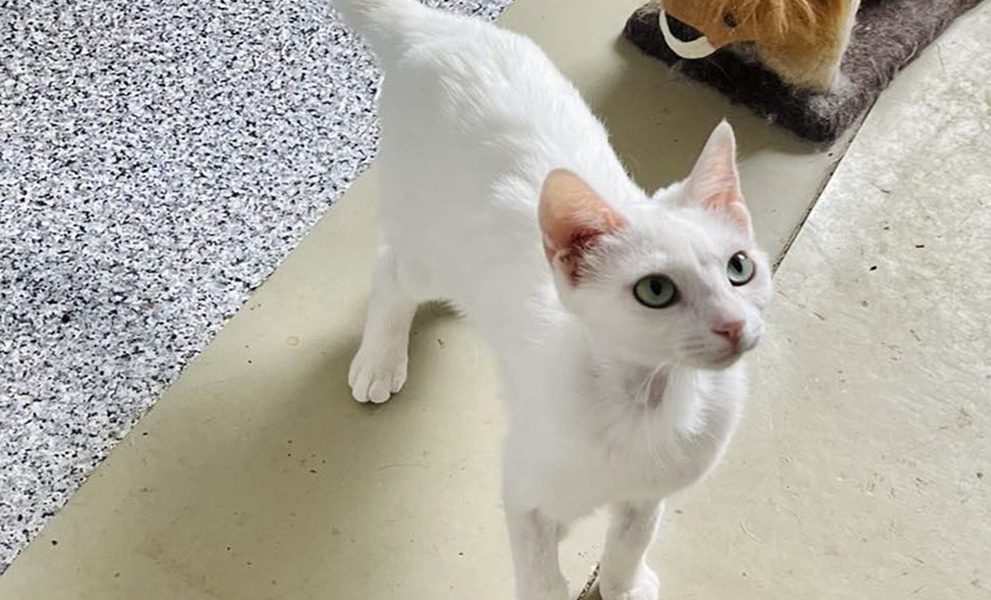
Marik is a blind, stray dog in Ukraine. As such, his chances of surviving long were tiny. Life can be tough for anyone who is blind. Let alone a stray dog.
Marik would not have lasted long, given the increased competition for scarce food and water as a stray and the added risk of being in an active war zone.
Yet soldiers posted in the city of Zaporizhzhia in Ukraine found Marik, recognised his condition, and fed and cared for him. Marik is a loving, fun young dog, and the soldiers shared Marik’s care amongst themselves.
These soldiers are actively fighting a war and are dedicated to saving their country from invading Russians. Always on high alert and living in fear for their own lives. Yet these soldiers still found the love and compassion to care for a blind, stray dog.
After some time, the soldiers were redeployed to another location. However, they could not leave Marik alone as they left. They took him to Irina, who runs the animal rescue shelter in Zaporizhzhia. He is safe there now; he lives there because his condition makes it too hard to adopt him out.
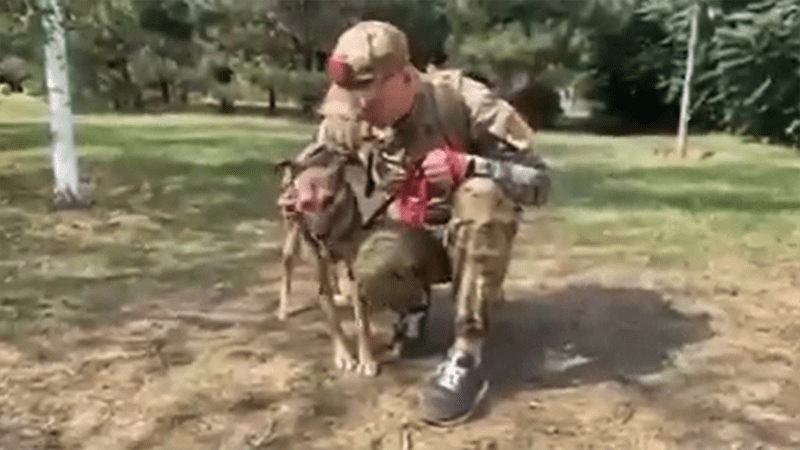
Soldiers made a video about Marik asking Irina to care for him
Once the soldiers had formed a bond with Irina, they visited regularly with stray pets they had rescued from the front line. Dogs and cats who would almost certainly die if left to roam in the centre of conflict.
And this, in a nutshell, is a shining example of who Ukraine soldiers are. They are not career soldiers like the invading Russians. They could not be more different. Ukrainian soldiers are defending the country, the people and the animals that they love.
Recently, the soldier who took Marik to Irina’s shelter more than two years ago returned to the area. And so he made time to visit Marik and see how he is. The people of Ukraine are desperate for their lives to return to normal. Desperate for the war to end. Desperate to be able to love their dogs and cats once again.
Sterilization programs are one of the surest, most efficient ways of managing strays in the long term. As the number of homeless animals continues to rise, the challenge of protecting them becomes even more urgent. But, finding time to sterilize is still a priority. Winnie was a stray, taken to be sterilized at ROLDA partner shelter ‘The Great Catsby’, from a small village in Tulcea, Romania.
At first glance, we assumed little Winnie was a kitten, no older than a few months. But after a closer inspection, we were shocked to discover that she wasn’t a kitten at all. This poor fur baby was a malnourished elderly cat, likely between 10 and 12 years old.
Winnie was incredibly frightened at the beginning after a lifetime of fighting for survival on the streets. Her fragile body was under so much strain, and while examining her, we began to discover an alarming variety of health problems.
The first concern we noticed was an aggressive abscess under her left eye. We immediately provided the necessary treatment, but this was just the beginning of Winnie’s troubles. We knew she was too sick to go back to the streets, where she wouldn’t stand a chance.
While Winnie was in care, we noticed that she had started to show very worrying neurological symptoms. Winnie frequently lost her balance, became disoriented, and struggled greatly to stand, often collapsing onto her side.
We quickly arranged an emergency appointment for Winnie with a vet in Bucharest, where she underwent a series of neurological exams and tests. The results revealed an infection in her left ear, which we hope is the cause of her balance issues. Additionally, Winnie was diagnosed with a urinary tract infection. As she receives treatment for these conditions, we are hopeful her health will begin to improve.
But that is not all; Winnie also has some serious dental problems and will need multiple teeth extractions. However, this procedure can only be done once she fully recovers, as we don’t want to add any additional strain to her already fragile body.
We’re optimistic that the current treatment will help her get back on her feet. If not, we will take further steps to investigate her neurological symptoms, including a CT scan or MRI.
Winnie is a prime example of the hardships faced by stray cats. Her health issues were caused and worsened by years of living on the streets. Exposure to harsh weather, a lack of food, and no shelter have all taken their toll on her underdeveloped body.
At ROLDA, we aim to offer these vulnerable animals the medical care, love, and shelter they desperately need, giving them a chance at a better life. With your support, we can continue our efforts and ensure more animals like Winnie receive the care they deserve.
She may never walk properly again.
But if that’s the case, we will know we tried everything possible to help her first.
Only a few seconds of bad luck means Ada faces the harsh possibility of never being able to walk again. More frequently than ever, we help dogs hit by cars. Some sustain only minor injuries, while some will live the rest of their lives disabled.
This is Ada’s story.
Ada was hit at a high speed early in the morning. She crawled to shelter at a nearby petrol station, waiting in immense pain for someone to help her. Inessa, one of our incredibly dedicated volunteers, heard about the injured dog and rushed to assist.
Ada was taken to a specialist veterinary clinic, where a thorough examination revealed heartbreaking news: Ada had multiple dislocations and fractures in both her front and hind legs. Several deep wounds and gashes across her body further intensified her immediate pain. Thinking long-term, we were unsure if she would ever walk again.
Surgical plates for her paws were quickly ordered, and Ada underwent immediate emergency surgery. The surgery went well.
Although she is just beginning her new life, Ada knows from the love and care she now receives from her foster carers and veterinary team that she will be okay. Although she’s still unsure and wobbly on her feet, her joy and excitement about her ability to move around are constant, and her energy and enthusiasm suggest she will keep progressing. She’s clearly in it for the win, which is why ROLDA is so happy to have caring supporters who ensure Ada and dogs like her get the care they need when they need it.
Every day counts for Ada and other injured animals. No animal deserves to be left suffering in pain just because it is not someone’s pet. You only need to meet a wonderful dog like Ada to understand how true and important this philosophy is.
Sadly, it is not uncommon for animals to face human cruelty and brutality. It is unimaginable how heartless people can be. ROLDA has helped so many animals with horrible pasts. We have helped cats thrown from windows and dogs chained outside in the cold, hungry for days on end. We have helped abused animals kicked or hit until they are scared of everyone.
But something especially heartbreaking is when a stray is hit by a car and just left for dead. It’s as if some people have absolutely no compassion at all. This is Knopas’ story.
Knopa, a small caramel-coloured stray dog, was popular in her hometown. Caring locals often threw her scraps as they passed, and several became fond of her. This was the only human kindness Knopa received as a stray dog living alone on the streets.
One of these locals came looking for our help when Knopa was crippled by human cruelty. Knopa had been found on the side of the road. She was in an awful state and seemed unable to even stand on her hind legs.
Knopa had been hit by a car. They did not stop to help, as any semi-decent person would. The driver sped off, abandoning the tiny dog they had just hit with a vehicle hundreds of times her size. How could anyone be so heartless?
We immediately took Knopa into our care when we heard about the situation. We rushed her to a vet for examination, but they were unable to determine why Knopa could no longer walk. Her legs appeared fine, with no fractures or obvious problems. Finally, after an MRI, we discovered the true cause.
A large hernia has taken over several of Knopas’s vertebrae. She will need immediate surgery to save her life. The operation will be very costly, but with the look in Knopas’s eyes, we know we cannot let her down. We are a no-kill shelter for good reason. Every life matters. We will find a way.
The surgery is scheduled imminently, and hopefully, everything will go well. No dog should have to live like Knopa, alone on the streets of Ukraine fending for themselves.
Knopa has been betrayed before, but we will not let it happen again. She will live the rest of her life warm and safe, but most importantly, she will be surrounded by love.
Romania is home to over a million stray animals. While many locals do their best to care for the strays in their neighbourhoods—especially the smallest and most vulnerable—not every animal is lucky enough to find kindness.
Lew, a tiny kitten just three or four months old, was one of the fortunate ones.
Despite her playful spirit and friendly nature, an elderly man who lived nearby realised something wasn’t quite right with her…
Life for a stray kitten is difficult at best. There is a constant daily struggle to find food, water, and shelter, to avoid danger from other animals, and to navigate busy roads. But for Lew, it was even more challenging. At just a few months old, she was facing life not just completely alone—she was also almost entirely blind.
The herpes virus — sadly a common illness among stray cats — had taken a devastating toll on Lew at only a few months old. Like so many others, she lost her sight, making her extremely vulnerable. We don’t know how long she had been struggling with impaired vision before she was rescued, but one thing is certain: if she had been left to fend for herself much longer, she likely wouldn’t have survived.
Luckily for Lew, a kind-hearted man didn’t hesitate to help. He rescued her from the streets, doing everything he could to keep her safe. For several days, Lew lived in his car, where he fed her and cared for her, hoping she would recover. But as time passed, it became clear just how sick she really was. That’s when he reached out for our help.
We took Lew to the vet, hoping that with treatment, she might be able to keep her eyes and regain a little of her sight. She was treated for the infection both locally and systemically, but tragically, her condition would not improve.
Despite all odds, Lew’s happy nature has not been affected despite her loss of sight. Right now, she’s receiving her vaccinations, and although she must stay in isolation, she is still one of the most enthusiastic kittens at the sanctuary. She spends her days chasing toys and soaking up the love and attention of volunteers. She’s gaining weight quickly, and her overall health is improving.
However, her journey isn’t over yet. Unfortunately, her treatment hasn’t helped as much as we had hoped.
Although the virus has caused blindness in both of Lew’s eyes, her left eye is at a much higher risk of infection and inflammation. Keeping it would be too dangerous, and we have been left with no choice but to remove it for her safety.
Soon, despite her permanent loss of vision, this playful kitten will join the happy cats at The Great Catsby. She will be surrounded by newfound friends in a shelter supported by ROLDA. She will finally have the future she deserves—a life full of warmth, safety and love.
In a country where the sound of missiles, gunshots and sirens has become as common as birdsong, where streets bear the scars of conflict, and where survival often hinges on split-second decisions, there are still those who refuse to let compassion become a casualty of war. This is the story of Nadya, a dog whose journey from tragedy to triumph exemplifies the unwavering spirit of Ukraine’s dedicated animal rescuers.
In a small village on the outskirts of a war-torn city, Nadya lay broken and afraid, her body bearing the brutal evidence of a collision with a vehicle. In peacetime, such an accident would be tragic enough, but in a country under siege, where veterinary resources are stretched thin and every day brings new challenges, Nadya’s fate hung precariously in the balance.
Enter Yulia, a local guardian angel known throughout her suburb for her unwavering commitment to helping injured animals. Despite already nurturing several rescued animals back to health in her home, Yulia couldn’t turn away from Nadya’s pleading eyes. Yet the extent of Nadya’s injuries – a complex fracture of her front paw and a dislocated hip joint – presented a daunting challenge, both medically and financially.
This is where Inessa’s story intertwines with Nadya’s. In a country where many have fled the horrors of war, Inessa has chosen to stay, dedicating herself to the countless animals left behind. When she heard about Nadya’s plight, she didn’t hesitate to offer financial support, embodying the kind of courage and compassion that shines brightest in the darkest times.
The situation became even more critical when veterinarians discovered Nadya was pregnant, a condition that complicated her already precarious state. Faced with a heart-wrenching decision, the medical team determined that emergency spaying was necessary to save her life. In a single operation, they fitted her shattered paw with a titanium plate, corrected her dislocated hip, and performed the life-saving spaying procedure.
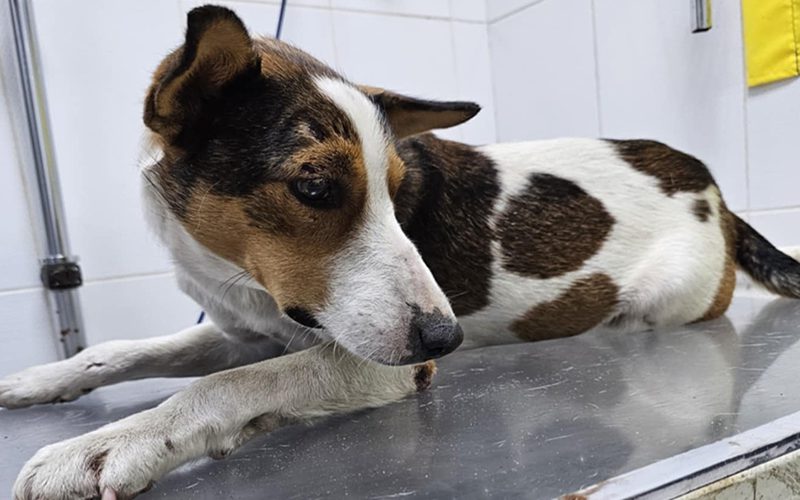
The true testament to Nadya’s resilience came just one day after her surgery when she took her first tentative steps. Today, her wagging tail and bright eyes tell a story of recovery that seems almost miraculous given her circumstances. In her healing journey, we see reflected the indomitable spirit of Ukraine itself – wounded but unbowed, finding the strength to rise again despite devastating setbacks.
Nadya’s story is more than just a tale of animal rescue; it’s a reminder that even in war’s darkest hours, humanity’s light continues to shine through people like Yulia and Inessa. These women, along with countless other animal rescuers across Ukraine, demonstrate that compassion knows no boundaries, fears no sirens, and refuses to be silenced by the sounds of conflict.
As Nadya continues her recovery, her story stands as a beacon of hope – proof that even in the midst of humanity’s worst moments, our capacity for kindness and healing remains undiminished. In a time when tales of destruction dominate headlines, Nadya’s journey reminds us that love, compassion, and the determination to help those who cannot help themselves are perhaps our most powerful weapons against the darkness of war.
For those of us watching from afar, Nadya’s story serves as both an inspiration and a call to action. It reminds us that even in the most challenging circumstances, individual acts of kindness can create ripples of hope that touch lives both human and animal alike. As Ukraine continues to face unprecedented challenges, its animal rescuers stand as testament to the enduring power of compassion in the face of adversity.
In the early days of Russia’s invasion of Ukraine, while most were fleeing the sounds of distant artillery and air raid sirens, Madalina made a choice that would change not only her life but the lives of countless forgotten felines in her war-torn city. Among these souls was a street cat who would come to be known as Duchess – a name that would prove prophetic in its reflection of her regal spirit despite years of hardship.
When Duchess first crossed paths with Madalina, she was a mother of six kittens, surviving against all odds in streets that had become even more dangerous with the onset of war. Her mouth, ravaged by a painful combination of stomatitis and calicivirus, made every meal an exercise in agony. Yet somehow, this eight-to-ten-year-old survivor had managed to keep herself and her kittens alive in a world that had shown her little kindness.
The world of a street cat is harsh enough in peacetime, but in war, it becomes nearly impossible. How many litters had Duchess lost before this one? How many times had she watched her kittens fall victim to speeding cars or brutal diseases? These are questions only she could answer, written in the scars she carried, both visible and hidden.
Under Madalina’s care, Duchess began a journey of healing that would span years. Despite the challenges of accessing veterinary care in a country at war, where medical supplies are precious and often reserved for human casualties, Madalina refused to give up. Duchess underwent months of treatment for her mouth condition, requiring multiple surgeries to remove all but one of her teeth. With each extraction, each careful treatment, the angry, pain-ridden cat began to transform.
The change in Duchess was remarkable. Free from the constant pain that had defined her existence, she discovered something extraordinary – she liked to play. This senior cat, who had never known the luxury of kittenhood, began to embrace joy with the enthusiasm of a much younger cat. Her transformation became a symbol of hope in dark times, a reminder that even in war, moments of healing and happiness are possible.
For two years, Duchess thrived in Madalina’s care, her story touching the hearts of many who followed her journey online. Then, just as it seemed fate had finally smiled upon her with the promise of a forever home with a young couple, life dealt another cruel blow. Three days before she was set to begin her new life, Madalina discovered lumps in Duchess’s mammary tissue – the dreaded specter of breast cancer.
The diagnosis was confirmed: malignant adenocarcinoma. Once again, Madalina refused to give up on her beloved charge. Through two separate radical mastectomy surgeries, Duchess has fought on, her spirit undiminished.
Today, Duchess remains the queen of her domain in Madalina’s home, imperiously demanding her daily portion of fresh meat and scolding anyone who dares to be slow with her meals. She wears her post-surgical garments not as a fashion statement, but as badges of honor in her ongoing battle for survival. Blissfully unaware of the gravity of her diagnosis, she continues to live each day fully, her main concern being the promptness of her meals and the attentiveness of her human servants.
In a country where air raid sirens still wail and the rumble of distant explosions punctuates quiet moments, Duchess’s story stands as a testament to the extraordinary bonds that can form between humans and animals even in the darkest of times. Her journey from street survivor to beloved fighter embodies the resilience of Ukraine itself – wounded but undefeated, finding joy even amid struggle.
For Madalina, who continues her rescue work despite the ongoing conflict, Duchess represents both hope and heartbreak – the joy of saving a life and the pain of knowing that sometimes, despite our best efforts, we cannot heal every wound or right every wrong. Yet in giving Duchess these years of love, comfort, and care, she has helped rewrite the story of one small cat’s life from one of mere survival to one of love, dignity, and joy.
As Duchess continues her battle, surrounded by the love and care she was denied for so many years, her story reminds us that in times of war, it is often the smallest acts of kindness that help us maintain our humanity. In saving Duchess, Madalina didn’t just rescue a cat – she preserved a piece of hope in a world that desperately needs it.
 non-US support +44 (0)161 531 8801
non-US support +44 (0)161 531 8801

